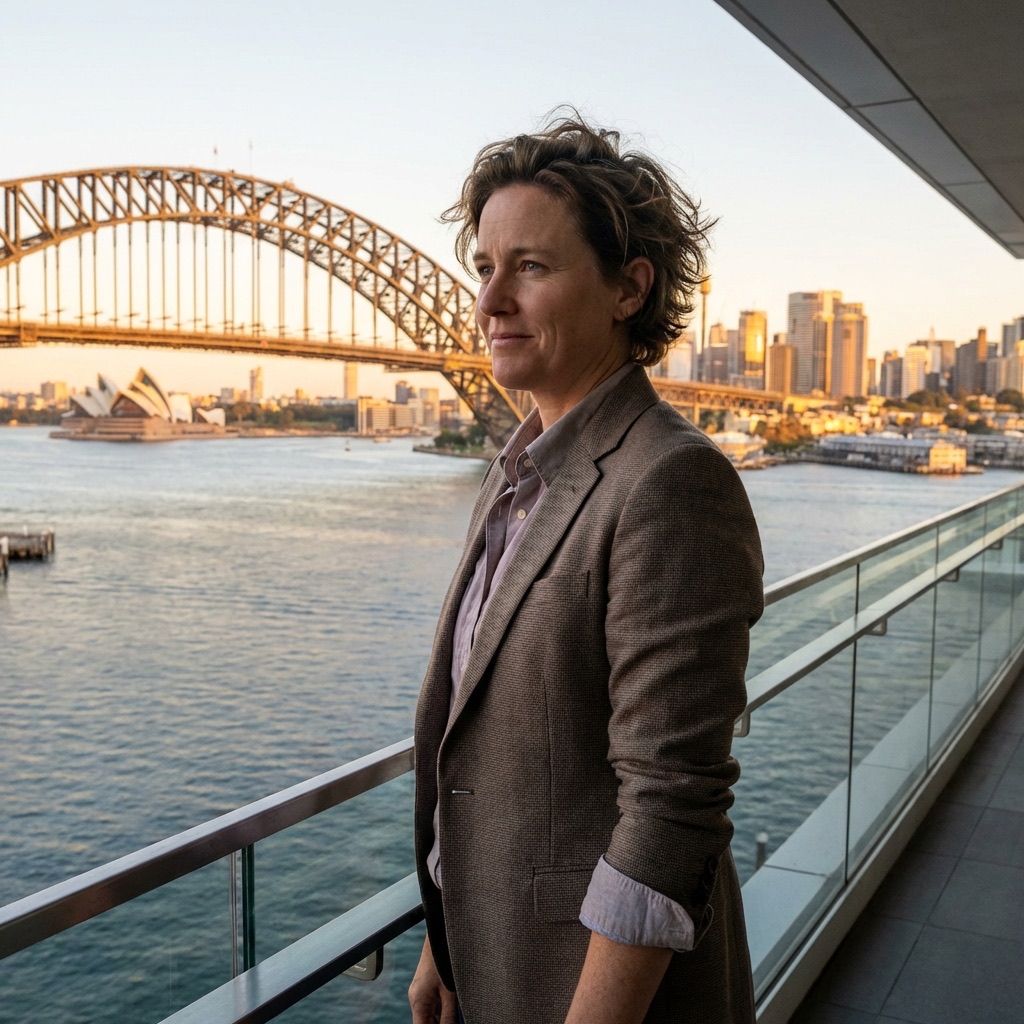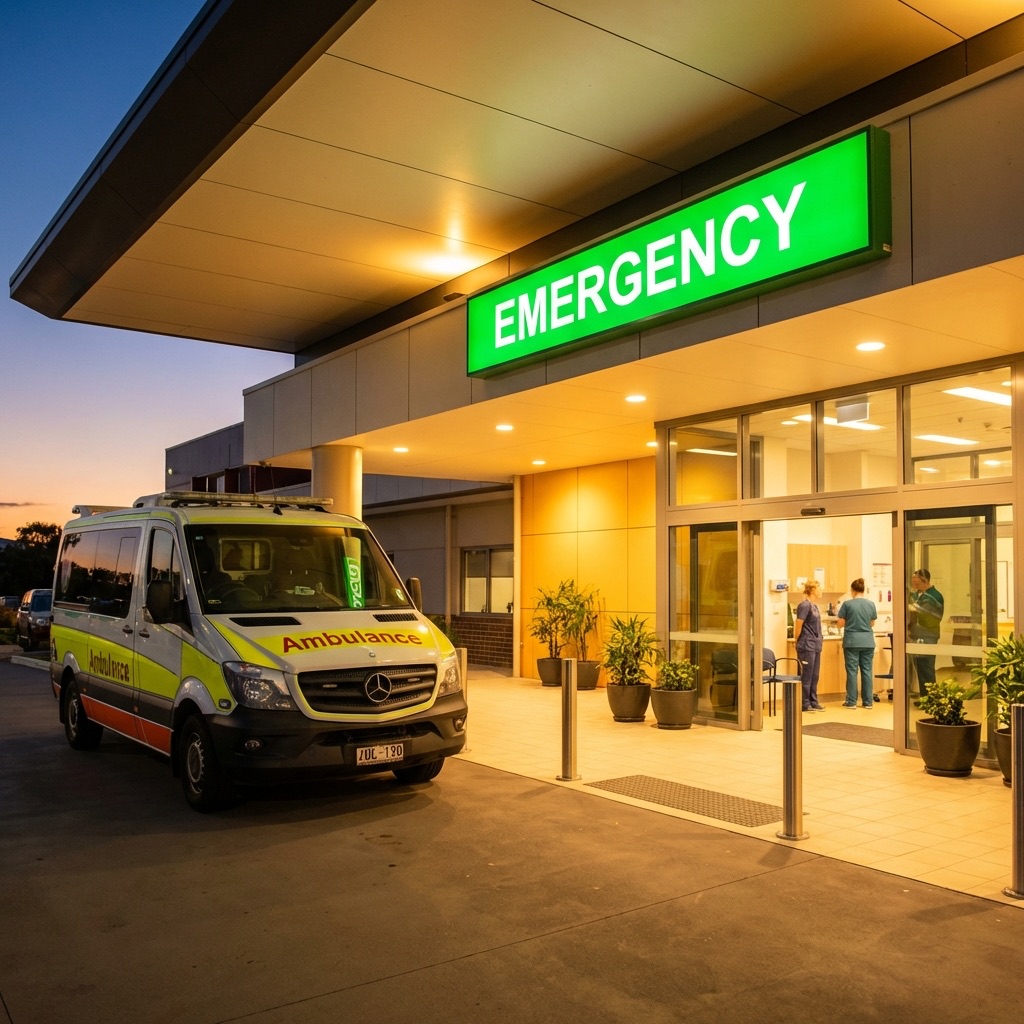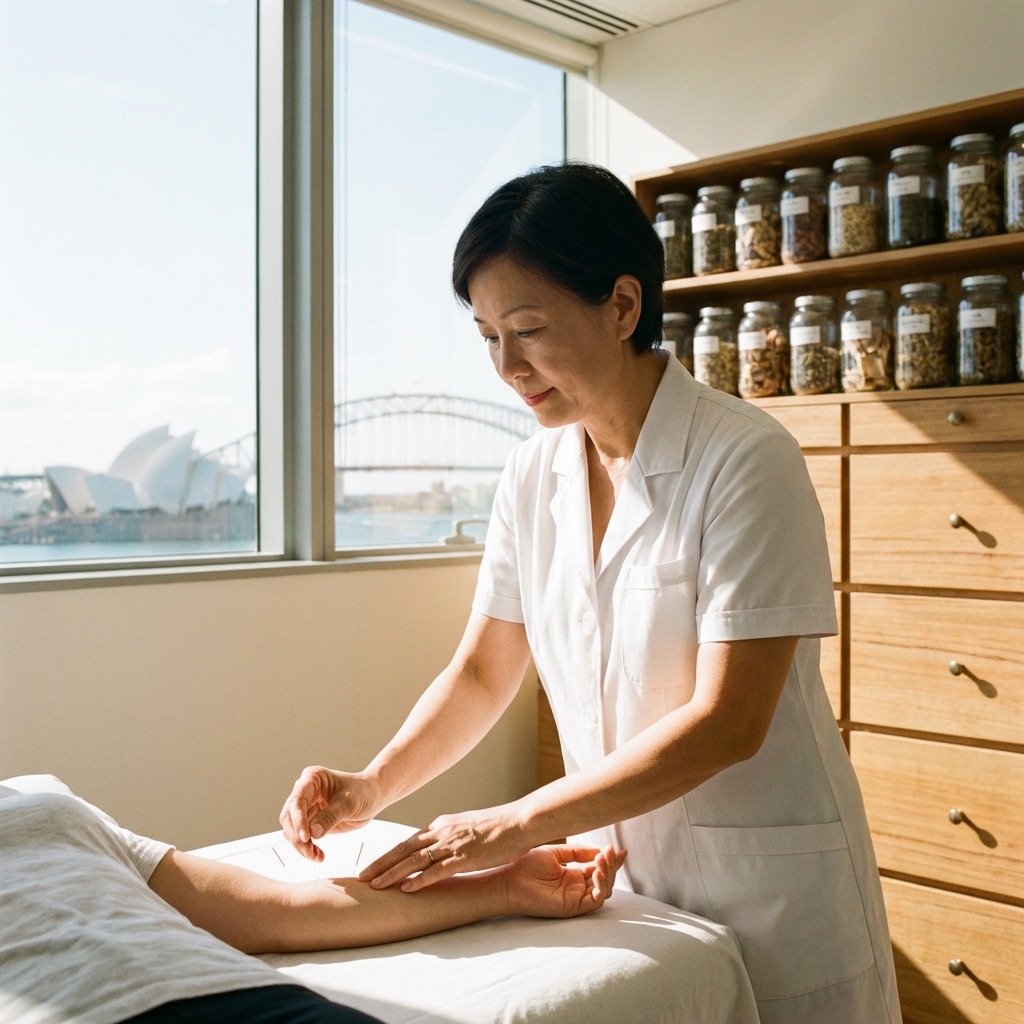Planning to marry in Australia? Learn the legal requirements, paperwork, celebrant options, and practical tips to make your ceremony seamless.
Australia welcomes couples from around the world to celebrate their marriage, provided they meet several straightforward legal requirements. Whether you are an Australian citizen, permanent resident, temporary visa holder, or visiting on a short-term visa, this guide explains each step in clear, practical terms using Australian English conventions.
Who Can Marry in Australia?
To marry under the Marriage Act 1961, you must:
- Be at least 18 years old. Couples aged 16–18 need parental consent and court approval.
- Be single for legal purposes. This means having never married, being divorced, or widowed.
- Not be closely related. Direct family members cannot marry. Certain extended relationships (such as uncle and niece) may be allowed but require professional advice.
Australia recognises only monogamous marriages. Bigamy is a criminal offence, so all previous marriages must be legally finalised and documented before you lodge paperwork.
Importantly, your visa status does not affect your ability to marry. Even if a visa has lapsed, you can still register the marriage, though you should seek immigration advice about your broader circumstances. Same-sex marriage has been legal since December 2017.
Who Can Officiate Your Wedding?
There are four categories of authorised celebrants:
- State and territory Births, Deaths and Marriages (BDM) offices
- Authorised marriage celebrants (independent professionals)
- State and territory officers
- Religious ministers
Most migrants choose either the BDM office or an authorised celebrant:
-
BDM Offices offer civil ceremonies at government venues. For example, Service NSW operates chapels in Sydney CBD (near Central Station) and Parramatta. Fees start around AUD 401 on weekdays and AUD 507 on weekends. The ceremonies are reliable but less customisable, and staff will not travel to external venues.
-
Authorised marriage celebrants are government-appointed professionals who can conduct ceremonies at locations of your choice—beaches, wineries, gardens, private residences, and more. Many celebrants speak multiple languages, which helps if English is not your strongest language. Pricing varies, so discuss inclusions such as rehearsals, personalised scripts, and travel costs.
Key Paperwork: Notice of Intended Marriage (NOIM)
Every couple must lodge a Notice of Intended Marriage (NOIM) with their celebrant or BDM at least one calendar month before the ceremony. The NOIM remains valid for 18 months.
When lodging the NOIM, prepare:
- Original birth certificates or passports
- Proof of identity with photo (passport, driver licence)
- Divorce order or death certificate if previously married
If certain documents are unavailable, you may complete a statutory declaration witnessed by a Justice of the Peace or authorised celebrant. In rare circumstances (e.g. medical emergencies, deployment, travel restrictions) you can apply to shorten the one-month notice period via the local magistrates’ court.
Planning Timeline
- Select a celebrant or BDM and confirm your preferred ceremony date.
- Lodge the NOIM at least one month prior.
- Discuss ceremony details—vows, music, witnesses, and any cultural rituals.
- Consider venue permits for public spaces such as beaches or parks. Local councils may require public liability insurance.
- Prepare certified translations if any documents are not in English.
Wedding Day Essentials
-
Bring two witnesses aged 18 or over.
-
Have your identification ready for final verification.
-
Ensure the celebrant includes the legally required wording from the Marriage Act 1961. For example:
"I call upon the persons here present to witness that I, [Name], take thee, [Name], to be my lawful wedded [husband/wife]."
-
Sign the marriage certificates (you receive an official certificate and the celebrant lodges the registration with BDM).
After the ceremony, you can request a commemorative or standard marriage certificate from BDM for immigration, banking, or name-change purposes.
Common Questions
Can international students or visitors marry in Australia?
Yes. As long as you meet the legal criteria and lodge the NOIM on time, your visa class is irrelevant to the marriage process.
Do we need a translator?
If either party cannot understand the ceremony in English, you must arrange a qualified interpreter. Some celebrants are fluent in Chinese or other languages and can conduct the entire ceremony in your preferred language.
How long does registration take?
BDM offices usually register marriages within a few weeks. You can order an official certificate once the registration is complete.
How First Migration Service Centre Can Help
Our MARA-registered agents support couples who plan to marry in Australia and eventually apply for partner visas. We assist with:
- Assessing eligibility for fiancé and partner visa pathways
- Preparing evidence for prospective partner, partner, or spouse visa applications
- Coordinating document translations and statutory declarations
- Advising on timing if you intend to transition from temporary to permanent residency
Contact First Migration Service Centre today for a complimentary consultation and personalised migration guidance.
MARA Registered Agent
Registration No. 1569835
Certified by the Migration Agents Registration Authority. Your trusted partner for Australian visa applications.

Over 40 and Want Australian PR? Skilled Visa Strategies That Still Work in 2026

Australia Skilled Visa Points Calculator 2026: How to Maximise Your Score

Getting Emergency Help in Australia: 000, Hospitals & Crisis Services

ACS Skills Assessment 2026: RPL vs Qualification Pathways (and How the 'Deduction' Really Works)

Traditional Chinese Medicine Practitioner Migration to Australia: CMBA Registration & Visa Pathways 2026
Office Hours
Mon-Fri: 9AM-5PM Sat: 10AM-2PM

